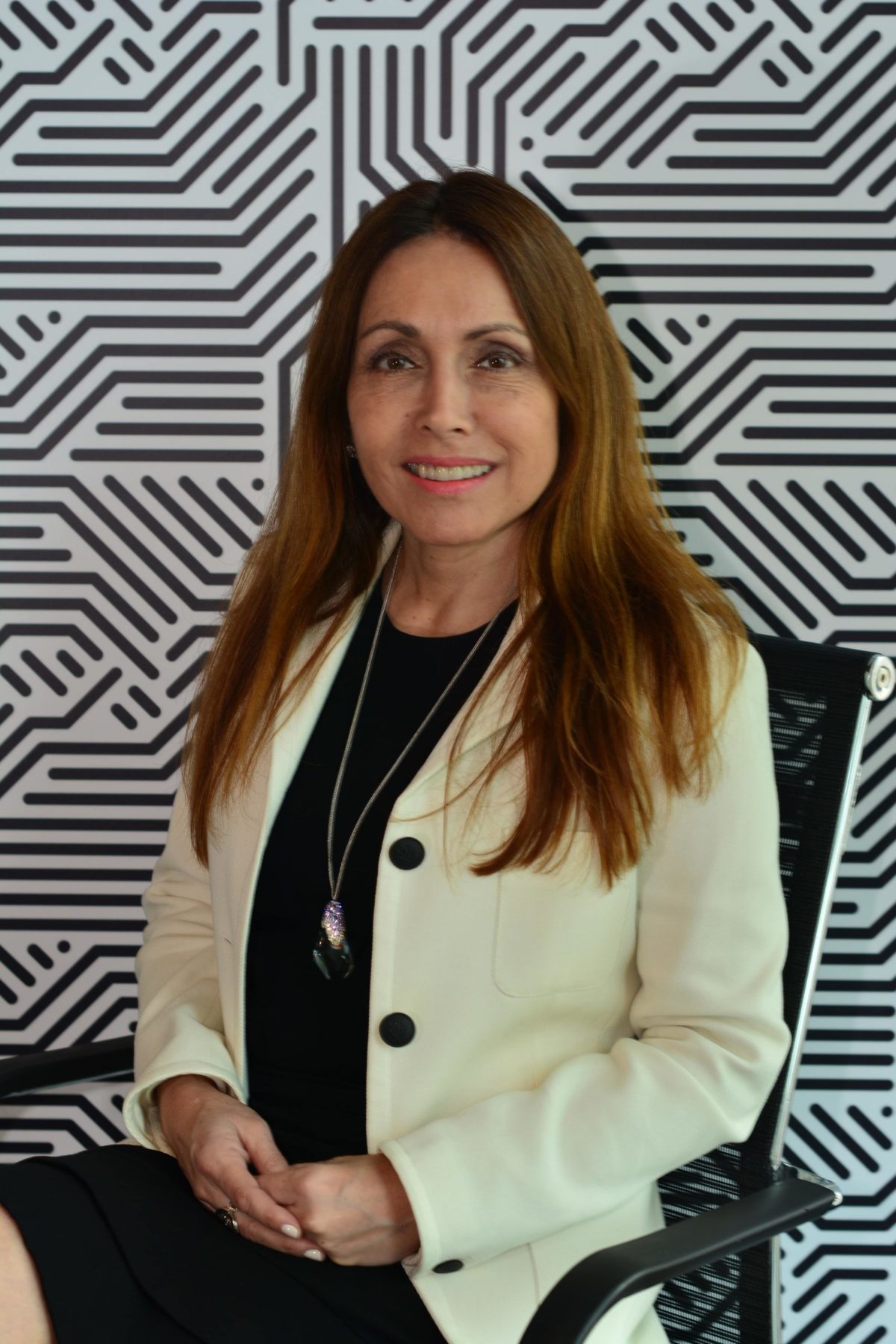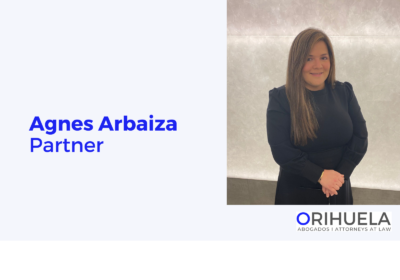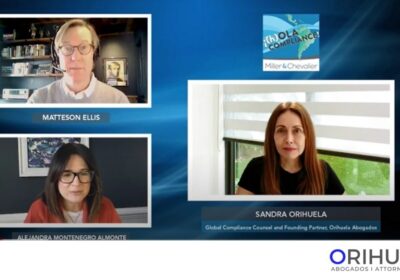As I settle back at my desk in Peru, I reflect on my experience last week at the IACA’s Corporate Integrity Training program. Ten years ago I wouldn’t have imagined sharing a room with people from 25 different countries to discuss anti-corruption compliance. Our topic has gone global like never before.
My concerns as a compliance attorney in Peru and Miami are like those of the government official from Cameroon, the prosecutor from Quebec, the multi-national compliance attorneys from Poland, Mexico and China, or the private practitioners from Greece and the Netherlands. We’re all interested in using incentives, not just punishments, to motivate businesses to improve their corporate integrity.
Coming from a Peruvian family of mining engineers and being the first woman to attend law school, I enjoy returning to mining towns I knew from my youth. But I go now to provide FCPA training for multinational companies. A mineworker is often shocked to know that the laws against bribery reach all the way to his remote, small town. His face registers amazement as he slowly takes in the fact that the everyday, life-long bribery he has grown accustomed to is actually illegal under Peruvian and global laws.
The other IACA participants told me similar stories about their anti-corruption work with locals and government officials in the Congo, South Africa, Fiji and Brazil. People don’t consider everyday bribery illegal because it is so culturally entrenched.
Some important take-away lessons from the Wittgenstein Villa experience about what matters: Cultural perceptions of corruption, the value of providing interpretative guidance tailored to each location, the effect of collective action, and the impact of rewarding good practices.
Most satisfying for me, I left the IACA knowing that corruption is being actively opposed in each of the 25 countries represented at the training. While this may be only the beginning of this effort, it is no longer the isolated problem of a single country, that is for certain. My work is part of something much bigger — and growing.
This article was first published at the FCPA blog




